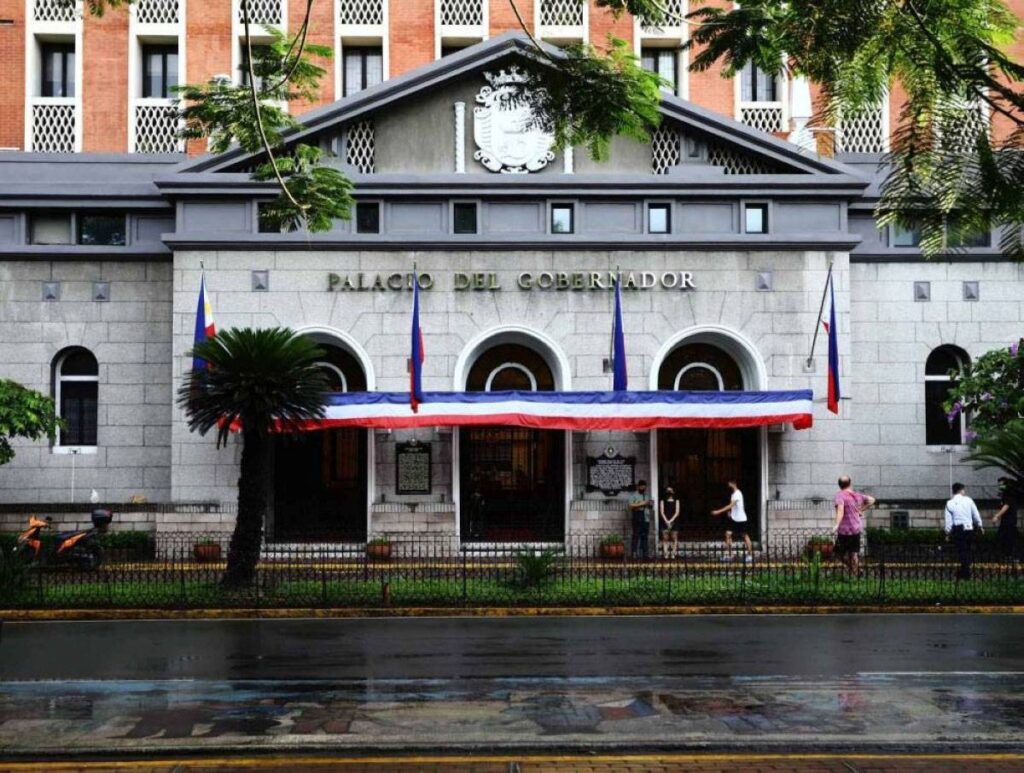THE Philippines will face a greater risk of cyberattacks from foreign groups, especially in the coming elections, a threat assessment presentation said.
“Cyberattacks are anticipated in the mid-term 2025 and 2028 national elections” and could disrupt the peaceful and orderly conduct of the polls, the presentation showed during the National Security Cluster Communications of the “Bagong Pilipinas” Media Engagement and Workshop held at the Philippine Merchant Marine Academy (PMMA) in San Narciso, Zambales, on Thursday.
The threat assessment also warned that the “misuse of artificial intelligence (AI) could become a destructive tool in (the) cognitive domain (and) have a divisive effect in the public and social order during (the) PHL election period.” v
Without directly identifying the source of the cyberthreats, the threat assessment noted that the challenge to the country’s “cybersecurity defense domain” will come from “foreign adversaries.”
These cyberattacks are considered “hybrid warfare” and will target information and communications technology networks of the national government and private entities, it said.
Get the latest news
delivered to your inbox
Sign up for The Manila Times newsletters
By signing up with an email address, I acknowledge that I have read and agree to the Terms of Service and Privacy Policy.
The threat assessment comes on the heels of recent cyberattacks on several government websites, believed to be mounted by Chinese hackers.
In February, the Department of Information and Communications Technology (DICT) said it foiled a cyberattack on various government email addresses, including that of the Philippine Coast Guard and even the private website of President Ferdinand Marcos Jr.
It said other targets were government Google Workspaces, specifically the domain administrators of the Cabinet Secretary, the Department of Justice, the Congressional Policy and Budget Research Department of the Congress, the National Coast Watch System, and the DICT.
Also in January, the DICT thwarted the hacking of the Overseas Workers Welfare Administration’s web applications.
The Commission on Elections (Comelec) has assured that it has taken steps to protect the automated election system (AES) to be used in 2025 elections against cyberattacks.
Comelec Chairman George Erwin Garcia said the features and the wish lists that are included in the hardware, software and transmission “ensure protection against any cyberattack.”
Comelec spokesman John Rex Laudiangco earlier pointed out that the AES is not connected to telecommunications providers during the voting and counting periods.
Based on the technical specifications of the Full Automation System with Transparency Audit and Count (FASTrAC), the automated counting machine (ACM) and servers will only be connected to the telcos at the point of transmission, which is after the Close Voting and Printing of the 1st 8 Election Returns (ERs).
Laudiangco said this assures that the digital results cannot be altered.
Election stakeholders in voting precincts can use printed ERs to verify the transmitted ERs in real-time at the election results website, which would be put up on election day.
A Korean technology provider, Miru Systems Co. Ltd., will be supplying the voting machines for next year’s midterm elections.
In an interview on Wednesday with lawyer Maria Liavel “Lia” Badillo-Crisostomo for PrimeTimes, a program that streams on manilatimes.net and The Manila Times social media platforms, Ken Cho, Miru’s Overseas Sales Department vice president, said the firm has added “new user-friendly features” to the voting machines, including a keypad which allows the blind to vote.
The machine is also a “dual system” that scans paper ballots and also uses touch-screen technology, Cho said.
Miru will also utilize internet voting technology to make voting more convenient for overseas Filipinos.
The machine also has a faster scanning of ballots of at least 200 mm per second and a higher resolution of ballot scanning, Cho said.
The machine also has a bigger screen display of at least 12 inches and a minimum screen resolution of at least 1920×1080, with a privacy screen feature.
Cho said Miru has handled elections in South Korea, Kyrgyzstan, Russia, the Democratic Republic of Congo, Iraq and five other countries.
“We are different from other election providers because we design, develop and manufacture our devices, both software and hardware,” he said.
Cho said each country has its requirements that are tailored to its own culture.
“It’s like buying a car. Some people prefer SUVs. It’s really trying to understand the social and political situation of the country,” he said.
Cho also brushed aside concerns raised against the company, particularly supposed election discrepancies in Congo and Iraq, saying they were “politically motivated” and came from “competitors who want to tarnish our image.”
“We do not pay attention to them,” Cho said.
“Our company is more technically oriented and not motivated by PR,” he added.
Miru has been in business since 1999, designing, developing and manufacturing high-speed scanners.
Cho said the company started its election systems business in 2005.
“We have almost two decades of experience in the elections business, so we have gained a lot of experience,” he said.
>>> Read full article>>>
Copyright for syndicated content belongs to the linked Source : The Manila Times – https://www.manilatimes.net/2024/05/04/news/foreign-hackers-threaten-ph-polls/1944509
